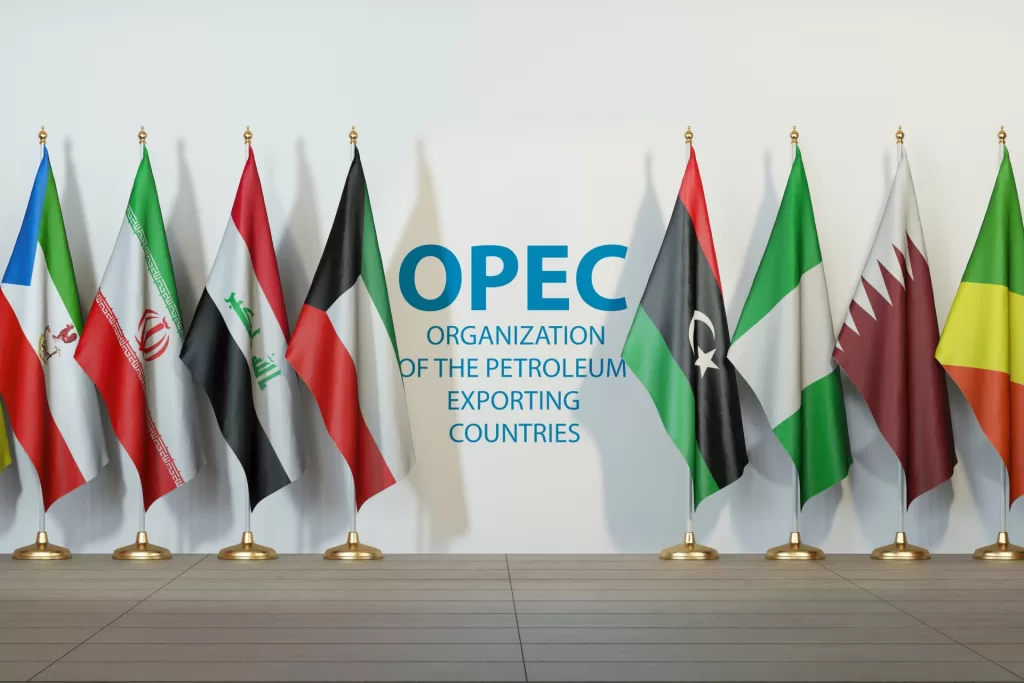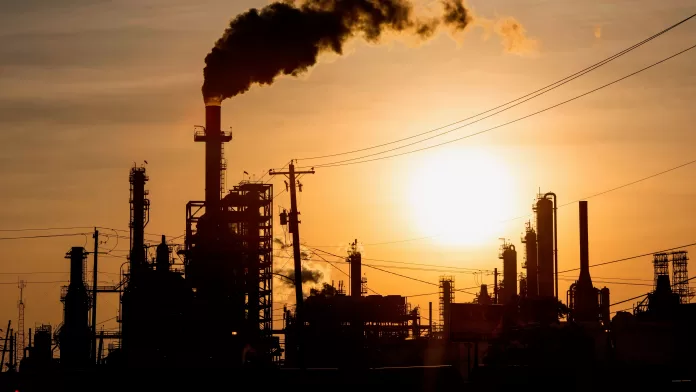Since the discovery of oil in the second half of the 19th century in the US, the political power of oil has been on ample display. It has been the most critical dimension in shaping international, domestic and social life. Subsequent detection of oil reserves in Russia, Latin America and Middle East meant that the US had commodity rivals in oil across the globe.
A quick sift through history provides us concrete examples of the political power of oil. 1973 – the Yom Kippur War and a host of other Arab-Israeli conflicts led Arab oil producing nations to proclaim an oil embargo on countries supportive of Israel.
Countries will not go towards a complete shift without having a full backup eco-system in place or at-least in the pipeline.
Within 6 months the price of oil had increased by 300 percent, crippling industries and factories all over the world! In the aftermath of this crisis, fossil fuels and nuclear power opened up as alternatives to oil. 1979 – the Iranian revolution reduced the world’s oil supply by only 4% but the price of oil more than doubled because of panic buying of Brent Crude. Although afterwards oil production resumed in Iran but it remained inconsistent especially due to the subsequent Iran-Iraq War. 1990 – Saddam Hussein invaded Kuwait, a fellow OPEC member, on the pretense that Kuwait was stealing Iraq’s oil. While the reasons of this invasion were complex, they did seem to focus on oil profits. 2008 – rising demand from emerging economies such as China and anxiety over dwindling oil reserves meant that the spectre of increased oil prices that was around since the early 2000s came to pass with a whopping $147.30 per barrel. This was a five-fold increase in five years!
The energy establishment – the industrial complex that is the biggest cheerleader of oil as the incumbent source of energy – is still heavily stacked against new entrants
Since the oil shocks of the 1970s, developing nations have been at pains to work on substitutes to petroleum that can mitigate the political power of oil, particularly that of OPEC+. Green energy, sustainable power generation, alternative fuels, better standards in automobiles & industry are all endeavours in the same direction. But does this mean that the political power of oil is ending? Waning, yes. Ending, no. Consider.
It is agreed that the world economy in general and the energy sector in particular are undergoing a transition from hydrocarbons to alternative sources in electric and renewables. If previous similar transitions are any guide, this is a long-drawn affair and requires commercially viable and better replacements. The energy transition from wood to coal to oil around the beginning of the 20th century suggests that the biggest reason for settling on oil as the preferred choice of energy supply for so long was the higher-energy-density of its chemical makeup. The higher the energy density of a system or material, the greater the amount of energy it has stored and can consequently release. Wood and coal were not comparable to oil in this regard and neither are currently other newer alternatives on the market.
It is agreed that the world economy in general and the energy sector in particular are undergoing a transition from hydrocarbons to alternative sources in electric and renewables
This raises doubts on the speed of the current transition and confirms the fact that while oil may gradually lose its shine, it won’t go away in a hurry! The energy establishment – the industrial complex that is the biggest cheerleader of oil as the incumbent source of energy – is still heavily stacked against new entrants. For example, and for a dose of irony, many oil giants use solar energy to run their head offices but are only tapping into solar energy market cautiously! The incumbent culture at global oil companies and institutions such as IEA (International Energy Agency) is to maintain shareholder wealth and market confidence respectively. That they do by not upsetting the cart too much and by releasing study-after-study and forecast-after-forecast which suggest that the future demand of oil will remain near as consistent! Thus, any transition away from hydrocarbons will require tacit approval of the energy establishment, which currently is wholly owned by the oil conglomerates of this world!

Since the oil shocks of the 1970s, developing nations have been at pains to work on substitutes to petroleum that can mitigate the political power of oil, particularly that of OPEC+
The geopolitical implications of switching away from oil to other substitutes is huge. Countries will not go towards a complete shift without having a full back up eco-system in place or at-least in the pipeline. Consider what the British had to do when they moved away from coal and towards oil! Following the lead of other administrations, the British government also moved the warships of the Royal Navy from burning coal to burning oil in 1914. It made sense – almost no smoke meant difficult to be spotted in open waters, handling oil was easier and used less manual labour than coal, there was no stopping at port to refuel and higher-energy-density of oil allowed smaller boilers to be used and thus increased the ship’s range. All good. However, there was one problem. Britain had a lot of coal but no oil! Due to distance, the US was not in viable proximity to procure oil and Soviet Union was off-limits because of security reasons. That only left the Middle East as the best option to provide a consistent source of oil. This tailored much of UK’s foreign and defence policy which was aimed at securing oil supplies in the Gulf region to ensure Britain’s naval authority. On the corporate front this forced the British government to acquire 50 percent stake in the Anglo-Persian Oil Company, later renamed BP and to commission its own refinery at Abadan, at the time the largest in the world.
On one hand, it is true that the politics of oil has changed in recent years – Saudi Arabia may not be the swing producer in the global market, climate change has taken centre stage, the delineation between producer and consumer is diminishing and oil is not as scarce a commodity as it once used to be. On the other hand, it is equally true that the political power of oil is still ongoing albeit changing and evolving. A time may come that this power diminishes and finally ends but that era is not on our doorstep yet and the policy making brigade would do well to keep that in mind!




